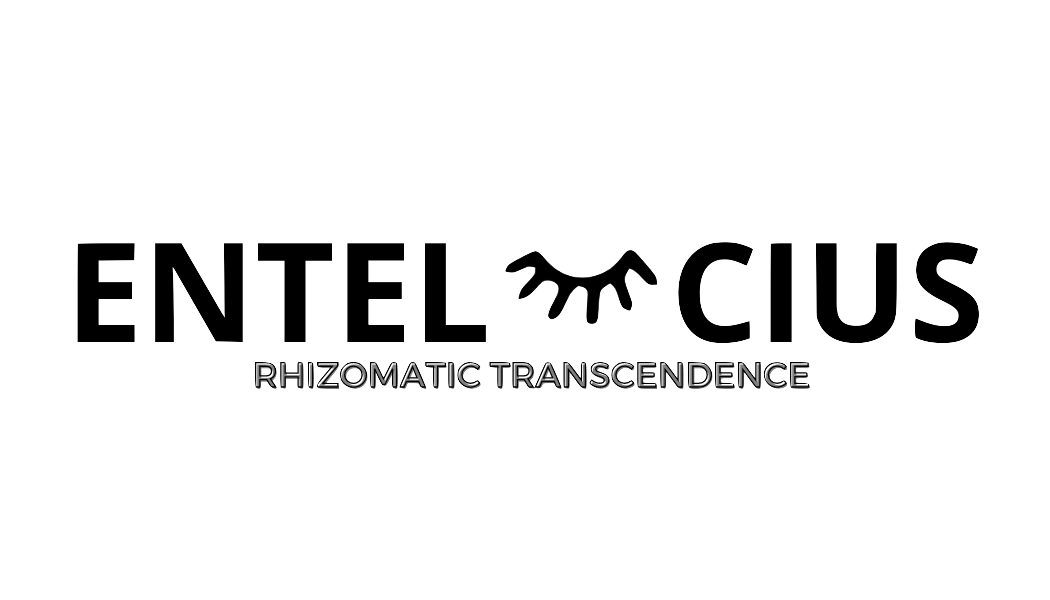Masochism and L’objet fou through Freud, Lacan, Deleuze and Guattari
Keywords:
masochism, L'objet fou, totemism, totemic signification, Oedipal, Oedipus complex, desire, Deleuze, Guattari, Freud, Lacan, superegoAbstract
This paper argues that masochism is a panpsychic vertebra in the semiotic chain. Superventially and ontogenetically, it is an additional race (independent alacrity or amphigenesis) of the fact of the libidinal population of the unconscious regarding the morphometry of possible (i.e., exclusionary) behaviours, and hence a form of inner animism relating particularly to a newly proposed concept, totemic signification, in which methods of rearrangement and vicarious proscription emerge and traduce (i.e., lance or skewer) the widely constructive or suspensory mechanism of the ego. Masochism evinces its raiments and slander provided loss of behavioural sets of problematization and perplexity, a fact of paradoxicality which is tantamount to castration of the significand and which introduces ridicule, humiliation of the father-image, the scar of opprobrium, the patronage of the blood rite, etc. Consequently its primordial symbolic function is Phallic dis-identification and disavowal, a mechanism short of castration, and thusly its indulgence becomes the endogamous attempt to give birth (i.e., the misjudgment and conflation of the signification of the Genital and the Phallic), and becoming rightly connoted like behavioural lustration that paradoxically reinforces the act of abomination it amounts to self-correction subserving the perpetuation of locution. Then, masochism is de-rendered into its aggressive latencies—i.e., its culminant affective and aphoristic forms of territorialization—and situated in relation to Deleuzian and Guattarian desire, namely the absence of desire for the Oedipal violus or self-penetrative reprimand (the loss of distance early in space). Finally masochism is posited in necessary relation to L’objet fou, a conceptual apparatus serving the transient objectification and concomitant displaced superegoic constraint of the latter, which projects the “agency of the superego” (Deleuze, 1967, p. 123) as an “obscene and ferocious figure” (Lacan, 1901, p. 298) that specifically for masochism, militates infantile subversion namely intended to disabuse routinization of its debasement.
References
Baudrillard, J. (1967; 2020). The system of objects. Verso. (Original work published 1967).
Baumeister, R. F. (1988). Masochism as escape from self. Journal of Sex Research, 25(1), 28-59. doi: 10.1080/00224498809551444
Berliner, B. (1947) On some psychodynamics of masochism. The Psychoanalytic Quarterly, 16(4), 459-471. doi: 10.1080/21674086.1947.11925693
Beck, A. T., Davis, D. D., & Freeman, A. (Eds.). (2015). Cognitive therapy of personality disorders (3rd ed.). Guilford Press.
Deleuze, G. (1967; 1991). Coldness and cruelty. Zone Books. (Original work published 1967, Les Éditions de Minuit).
Deleuze, G. (1968). Difference and repetition. Columbia University Press.
Deleuze, G., & Guattari, F. (1977; 2009). Anti-Oedipus: Capitalism and schizophrenia. Penguin Classics; Illustrated Edition. (Original work published 1977, Viking Penguin).
Deleuze, G., & Guattari, F. (1987). Anti-Oedipus: A thousand plateaus. University of Minnesota Press.
Freud, S. (1899). The interpretation of dreams. In The Standard Edition of the Complete Psychological Works of Sigmund Freud. London: Hogarth Press.
Freud, S. (1905). Three essays on the theory of sexuality. In The Standard Edition of the Complete Psychological Works of Sigmund Freud. London: Hogarth Press.
Freud, S. (1919). Totem and taboo. In The Standard Edition of the Complete Psychological Works of Sigmund Freud. London: Hogarth Press.
Freud, S. (1920). Beyond the pleasure principle. In The Standard Edition of the Complete Psychological Works of Sigmund Freud. London: Hogarth Press.
Freud, S. (1926). Inhibitions, symptoms and anxiety. In The Standard Edition of the Complete Psychological Works of Sigmund Freud. London: Hogarth Press.
Jung, C. (1916; 2009). Seven sermons to the dead.
Kernberg, O. (1988). Clinical dimensions of masochism. Journal of the American Psychoanalytic Association, 36, 1005-1029.
Lacan, J. (1901; 2006). Écrits (B. Fink, Trans.). W. W. Norton & Company, Ltd. (Original work published 1901—, Éditions du Seuil, W. W. Norton & Company, Inc.).
Lévi-Strauss, C. (1962; 1991). Totemism (R. Needham, Trans.). The Merlin Press Ltd. (Original work published 1962, Presses Universitaires de France).
Menaker, E. (1953). Masochism: A defense reaction of the ego. The Psychoanalytic Quarterly, 22(2), 205-220.
Rozin, P., Guillot, L., Fincher, K., Rozin, A., & Tsukayama, E. (2013). Glad to be sad, and other examples of benign masochism. Judgment and Decision Making, 8(4), 439-447.
Reik, T. (1941). Masochism in modern man. New York: Farrar and Rinehart.
von Sacher-Masoch, L. R. (1870; 1991). Venus in furs. Zone Books. (Original work published 1870).
Žižek, S. (1991). Looking awry: An introduction to Jacques Lacan through popular culture. The MIT Press.
Downloads
Published
How to Cite
Issue
Section
License
Copyright (c) 2022 Copyright The Author and Entelocius: A multidisciplinary journal. Published by Entelocius: A multidisciplinary journal. All rights reserved

This work is licensed under a Creative Commons Attribution-ShareAlike 4.0 International License.





